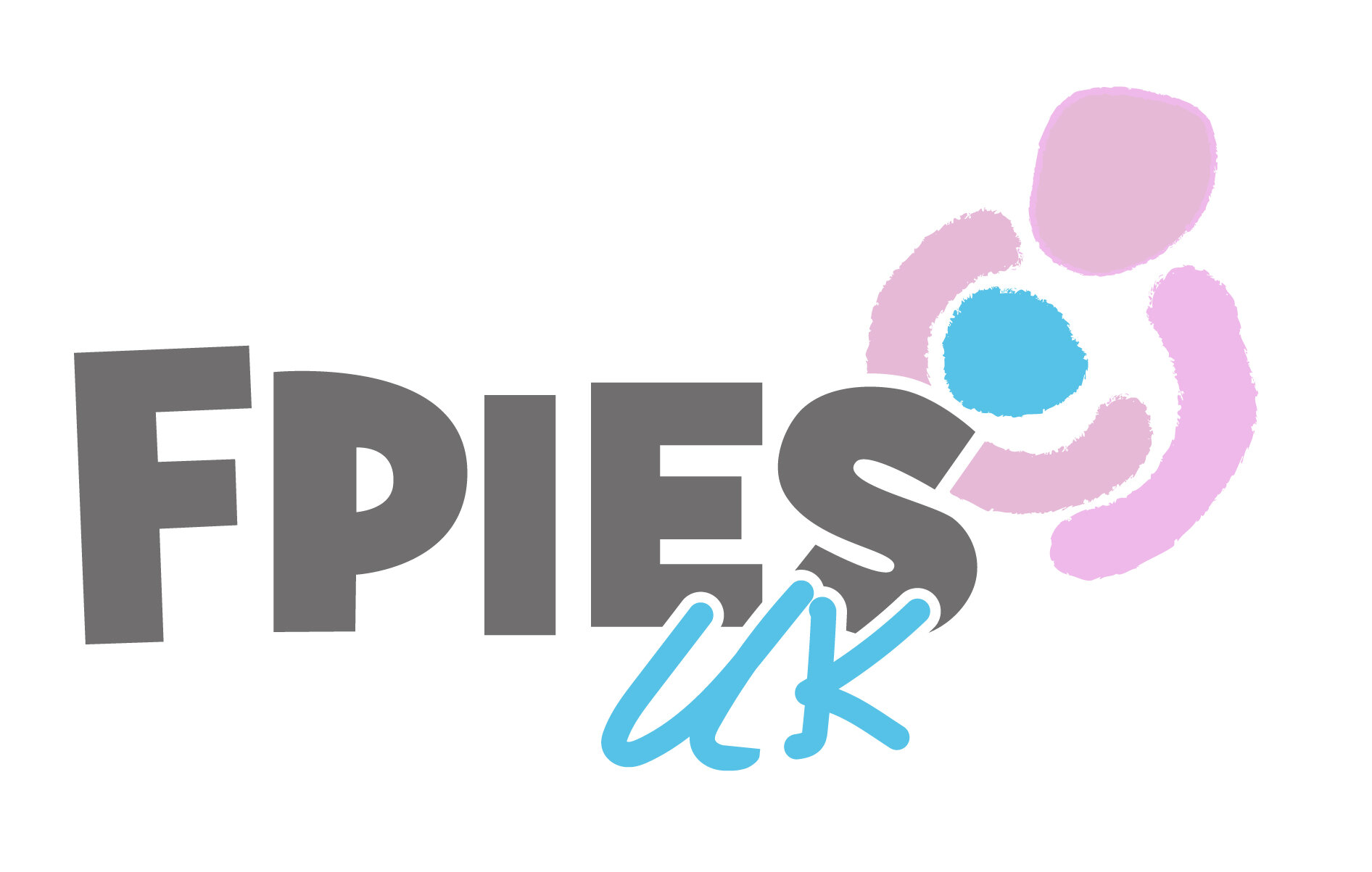Navigating
HOSPITALS.
Depending on your child's symptoms and number of trigger foods you may be required to attend hospital on a regular basis especially at first.
Below we hope to summarise some of the important aspects of these visits and how best to prepare for them and any unexpected hospital stays your child might have.
General paediatric, allergy or gastroenterology appointments:
It is worth calling the hospital before your appointment to check if skin prick tests are going to be performed. If they are, you may need to check when antihistamine medications (if currently prescribed) need to be stopped and if they require you to bring any samples of more unusual foods your child may have reacted to. Also check that a consultant will be present. Some allergy clinics are nurse only.
Consider taking the copies of the following:
A detailed food diary, showing when foods were given and what/ when reactions occurred.
Any photographs or videos of reactions or symptoms (eczema/ rashes/ mucus/bloody nappies)
A brief list of foods that have caused problems and the symptoms that occurred plus a list of any foods that are well tolerated for the doctor to keep
A clinical history timeline for your doctor to keep.
Some or all of the FPIES information on our info For Doctor’s page can be left with the consultant if he/she is not familiar with FPIES.
If they concede they are not familiar with FPIES then do not be embarrassed to ask if they can refer you onto a tertiary referral centre (usually larger city children's hospitals) for more help.
Some children have a variety of symptoms and the allergy consultant may wish for your child to be seen by a gastroenterologist too. The above information should be taken to that appointment also.
What will happen at the consultation?
This will vary greatly between clinics but usually a full history will be taken then the doctor will examine your child. Further tests may be done such as a blood sample to test for general health, IgE allergies and maybe Coeliac Disease. Some clinics also perform skin prick tests, where a sample of the food is placed on the skin and a small prick made through it, it is not painful and only takes 10 or 15 minutes to get results.
Your doctor may want to refer your child to a gastroenterologist and will most likely organise a dietitians appointment for you.
What should we ask the consultant?
Again this will depend on whether the consultant is familiar with FPIES or not. Example questions would be:
Do you think my child’s symptoms could be due to FPIES? If not, what could cause these symptoms?
Which foods should we avoid for now?
Which foods would be best to start trials with?
Do food trials need to be in hospital?
How much and how often should we give the food to be tried?
How long does a food trial need to be before a food can be deemed safe?
When and how should we re-try foods that have caused problems?
What should we do if our child has another reaction?
How can we contact you/ your team if we have any problems?
Can you write us an Action plan/ A&E letter?
Does our child need upper and/or lower endoscopy to rule out Eosinophilic gastrointestinal diseases or other conditions?
How long will it take to see a dietitian? If you don't have already one you can discuss getting a prescription for appropriate formula.
Parents top tips for hospital appointments and stays
"Take safe food for little one. Food for yourself that’s actually edible! Things that are quick and easy to prepare. Our hospitals don't provide food for mum/dad only breastfeeding mums. The kitchens generally only have a microwave, fridge and facilities to boil water. Make sure you have enough nappies, wipes and formula, including bottles. Phone charger. Little ones comforter and blanket. I even take his pillow. Plenty of vests and if you can footless baby grows for easy access for obs. Clean clothes for you. Wash stuff if you're staying long enough including towels if sensitive to detergents. A sling or carrier."
"Write everything down symptoms, reactions etc. I always find it best to bullet point/document everything in a timeline so that you don't find yourself rambling during an appointment and you don't forget anything. Video and take pictures of things as they happen so you have them as back up. If possible, bring another person to appointments with you so they can look after your child whilst you speak to the doctor"
"Comfort blanket/toy is a must!"
"Bag of toys and snacks for the waiting room. For afternoon appointments take a dinner incase the clinic over runs or you're waiting at pharmacy for a long time. Tablet with programs loaded or an extra person to entertain your child so that you can talk to the doctor."
"Safe brand of painkiller and other meds for your child."
“I always keep a bag of food, toothbrush or mouthwash, magazine, change of clothes and other essentials in the car that way if we have an emergency hospital visit we don't have to think about it. It even came handy when I got rushed in for my hernia that ruptured, it got me through the first 24 hours"

